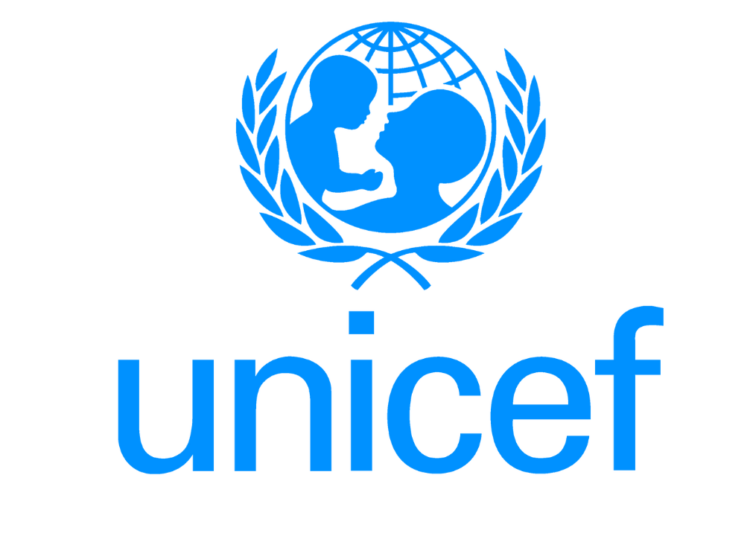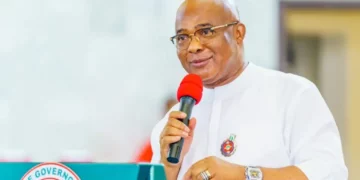The United Nations Children’s Emergency Fund (UNICEF) has disclosed that 1.6 million children are currently out of school in the three North-East States of Borno, Adamawa and Yobe, with about 72 percent of school children not being able to read simple text after grade six.
UNICEF chief of field office, Phuong Nguyen, disclosed this yesterday during a knowledge sharing seminar on scaling foundational literacy and numeracy organised in Maiduguri by UNICEF in collaboration with the governments of Borno, Adamawa and Yobe States for selected teachers.
She said the aim of the seminar is to promote awareness of foundational literacy and numeracy models and lessons from the implementation of foundational learning programmes in North-East Nigeria, with special consideration of the ongoing humanitarian development nexus in the region.
Nguyen added that the government, UNICEF, donor agencies and other development partners are committed to increasing awareness on foundational learning and are excited to share innovative methods learned from the implementation of these programmes in Nigeria.
“The seminar will convene practitioners and experts, government officials, and civil society to discuss how best Nigeria can foster FLN with a particular focus on teaching at the right level (TARL) , Kanuri Arithmetic and reading intervention,” she said.
Also, the global agency’s Chief of Education in Nigeria , Saadhna Panday-Soobrayan, said Nigeria has a severe learning crisis with 3 out of 4 children being unable to read or to solve a simple math problem.
“This not only hobbles children’s opportunity to learn higher order skills but is also fueling the out of school problem through high levels of drop out. So if we want to solve the out- -of – school problem, we must solve the quality problem in learning.
“Nigeria is in the unenviable position of knowing what to do to improve learning and how to do it. The time is now to begin scaling it across all LGAs,” she said.
The one-day seminar drew representation from the Federal Ministry of Education, UBEC, SUBEBs, and other government agencies, representation from development partners, academia, civil society, the youth sector, the private sector and members of the media.



